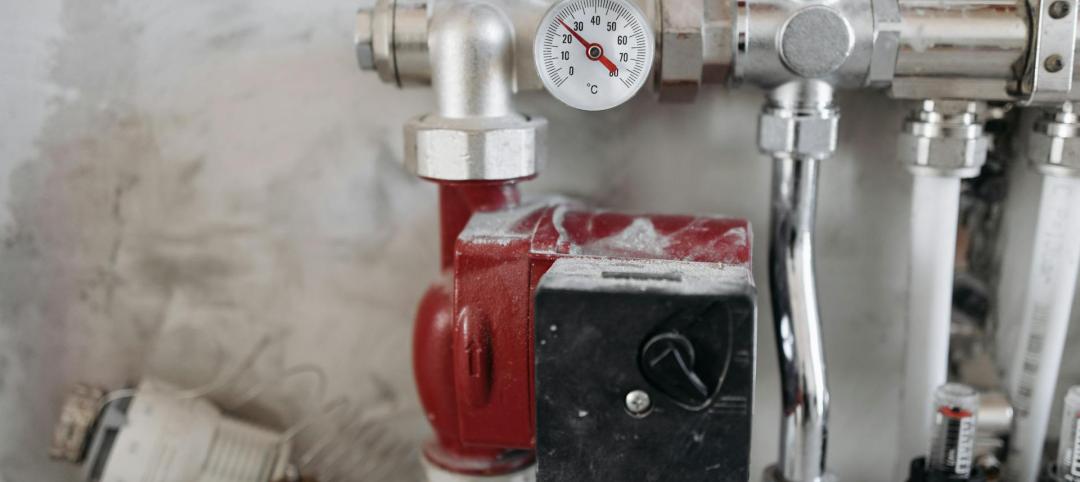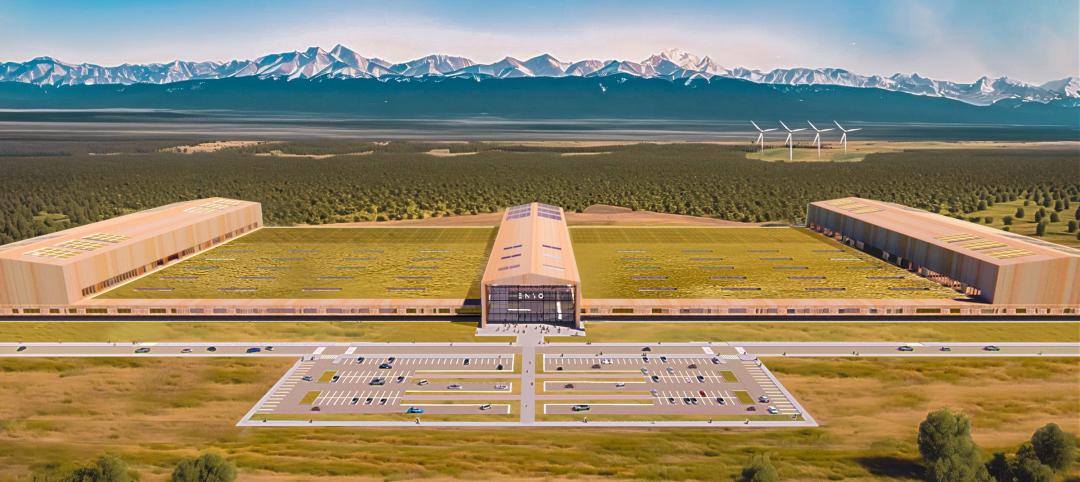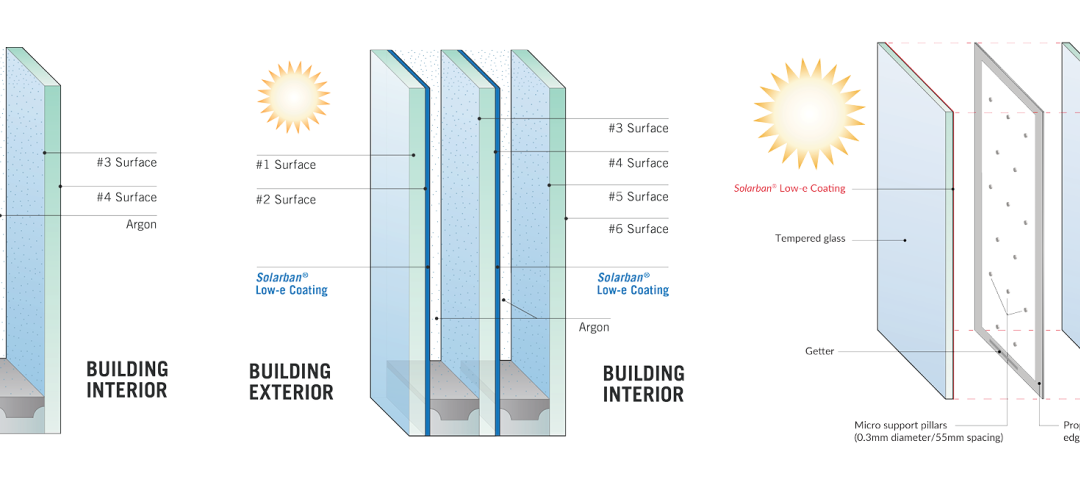DALLAS – Schneider Electric, a global specialist in energy management, announced a project with North Carolina State University to improve energy efficiency and drive sustainable, clean energy projects in 1.6 million square feet of building space across 13 campus facilities. As part of a $20 million performance contracting project, the university will implement 89 separate energy conservation measures (ECMs). Upon completion of the installation, NC State University will save approximately 10,137,668 kilowatt hours of electricity and 68,785 decatherms of natural gas annually, which is equivalent to planting 80,376 acres of trees or removing 43,158 cars from the roads over the next 15 years.
The performance contract with Schneider Electric is helping the university fast-track backlogged building upgrades, and also to meet the requirements of Senate Bill 668 and the President’s Advisory Committee on Efficiency and Effectiveness (PACE) set forth by former University of North Carolina President Erskine Bowles to drive energy efficiency improvements on campuses across the state. The project is leveraging NC State University’s expertise in engineering and energy efficiency by tapping more than 10 alumni personnel and one senior engineering student at NC State University in development and construction of the project.
“At NC State University, we’re committed to building a sustainable campus, an effort that drives energy efficiency while offering a state-of-the-art learning environment for students,” said Kevin McNaughton, associate vice chancellor for facilities. “Through performance contracting, we’re able to take on these projects immediately without incurring cost to the taxpayer or the students. We are confident this strategy will reduce continuing costs, provide for better facilities to support education and research, and substantially reduce our carbon footprint."
As part of phase one, a Schneider Electric partner has completed installation of a solar-thermal system on the roof of the NC State University campus gym, Carmichael Complex. Once in operation, the system will help heat nearly one million gallons of water in two swimming pools. The clean energy project features 112 solar panels, each measuring 10 feet by 4 feet, and can heat water to approximately 100 degrees as it is circulated onto the roof and piped through the solar facility.
“Through this performance contract, we are helping the university gain critical insight into energy use and manage energy resources more effectively,” said James Potach, Energy Solutions senior vice president, Schneider Electric. “We’re helping the university achieve its ACUPCC objectives by implementing an energy efficiency project that will make a significant contribution toward reducing the carbon footprint on campus." The American College & University Presidents’ Climate Commitment is a high-visibility effort to address global climate disruption undertaken by a network of colleges and universities that have made institutional commitments to eliminate net greenhouse gas emissions from specified campus operations, and to promote the research and educational efforts of higher education to equip society to re-stabilize the earth’s climate.
About Schneider Electric
As a global specialist in energy management with operations in more than 100 countries, Schneider Electric offers integrated solutions across multiple market segments, including leadership positions in energy and infrastructure, industrial processes, building automation, and data centers/networks, as well as a broad presence in residential applications. Focused on making energy safe, reliable, and efficient, the company's 110,000 plus employees achieved sales of more than $26 billion in 2010, through an active commitment to help individuals and organizations “Make the most of their energy.”
Related Stories
M/E/P Systems | Oct 30, 2024
After residential success, DOE will test heat pumps for cold climates in commercial sector
All eight manufacturers in the U.S. Department of Energy’s Residential Cold Climate Heat Pump Challenge completed rigorous product field testing to demonstrate energy efficiency and improved performance in cold weather.
Sustainable Design and Construction | Oct 10, 2024
Northglenn, a Denver suburb, opens a net zero, all-electric city hall with a mass timber structure
Northglenn, Colo., a Denver suburb, has opened the new Northglenn City Hall—a net zero, fully electric building with a mass timber structure. The 32,600-sf, $33.7 million building houses 60 city staffers. Designed by Anderson Mason Dale Architects, Northglenn City Hall is set to become the first municipal building in Colorado, and one of the first in the country, to achieve the Core certification: a green building rating system overseen by the International Living Future Institute.
Office Buildings | Sep 6, 2024
Fact sheet outlines benefits, challenges of thermal energy storage for commercial buildings
A U.S. Dept. of Energy document discusses the benefits and challenges of thermal energy storage for commercial buildings. The document explains how the various types of thermal energy storage technologies work, where their installation is most beneficial, and some practical considerations around installations.
Industrial Facilities | Aug 28, 2024
UK-based tire company plans to build the first carbon-neutral tire factory in the U.S.
ENSO, a U.K.-based company that makes tires for electric vehicles, has announced plans to build the first carbon-neutral tire factory in the U.S. The $500 million ENSO technology campus will be powered entirely by renewable energy. The first-of-its-kind tire factory aims to be carbon neutral without purchased offsets, using carbon-neutral raw materials and building materials.
Glass and Glazing | Aug 16, 2024
The next generation of thermal glazing: How improving U-value can yield energy savings and reduce carbon emissions
The standards for energy-efficient construction and design have been raised. Due to the development of advanced low-e coatings for the interior surface and vacuum insulating technologies, architects now have more choices to improve U-values wherever enhanced thermal performance is needed to create eco-friendly spaces. These options can double or even triple thermal performance, resulting in annual energy savings and a positive return on carbon.
Adaptive Reuse | Aug 14, 2024
KPF unveils design for repositioning of Norman Foster’s 8 Canada Square tower in London
8 Canada Square, a Norman Foster-designed office building that’s currently the global headquarters of HSBC Holdings, will have large sections of its façade removed to create landscaped terraces. The project, designed by KPF, will be the world’s largest transformation of an office tower into a sustainable mixed-use building.
Energy Efficiency | Aug 9, 2024
Artificial intelligence could help reduce energy consumption by as much as 40% by 2050
Artificial intelligence could help U.S. buildings to significantly reduce energy consumption and carbon emissions, according to a paper by researchers at the Lawrence Berkeley National Laboratory.
Government Buildings | Aug 1, 2024
One of the country’s first all-electric fire stations will use no outside energy sources
Charlotte, N.C.’s new Fire Station #30 will be one of the country’s first all-electric fire stations, using no outside energy sources other than diesel fuel for one or two of the fire trucks. Multiple energy sources will power the station, including solar roof panels and geothermal wells. The two-story building features three truck bays, two fire poles, dispatch area, contamination room, and gear storage.
Geothermal Technology | Jul 29, 2024
Rochester, Minn., plans extensive geothermal network
The city of Rochester, Minn., home of the famed Mayo Clinic, is going big on geothermal networks. The city is constructing Thermal Energy Networks (TENs) that consist of ambient pipe loops connecting multiple buildings and delivering thermal heating and cooling energy via water-source heat pumps.
Smart Buildings | Jul 25, 2024
A Swiss startup devises an intelligent photovoltaic façade that tracks and moves with the sun
Zurich Soft Robotics says Solskin can reduce building energy consumption by up to 80% while producing up to 40% more electricity than comparable façade systems.
















